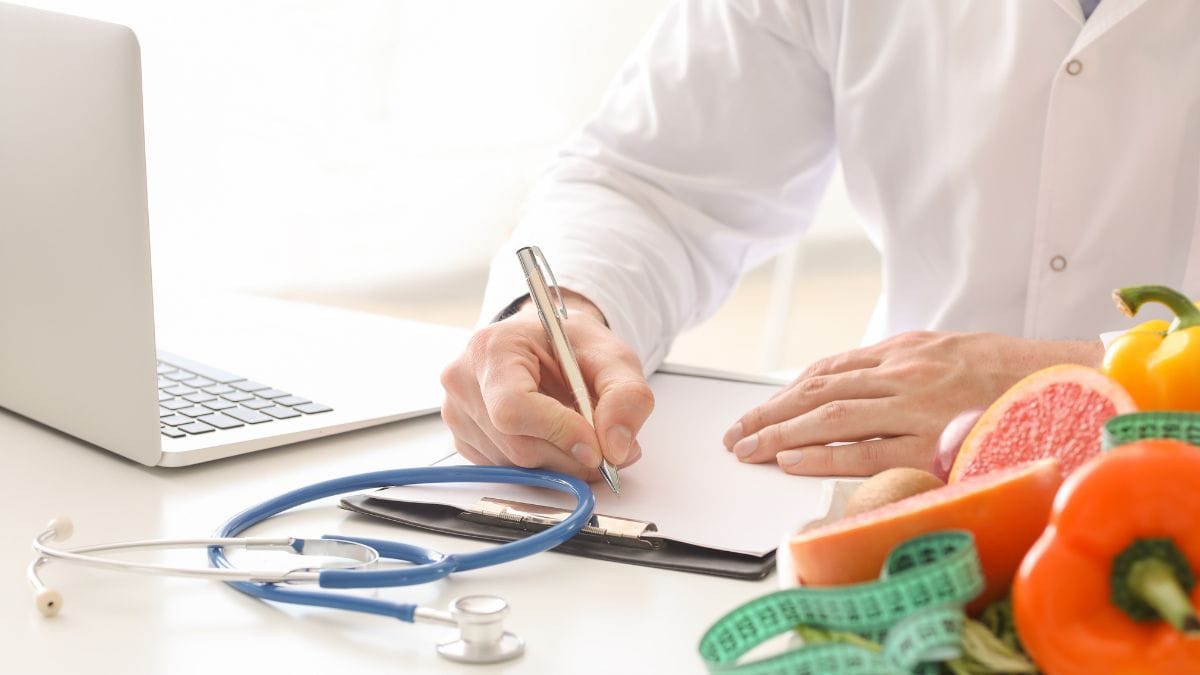Is Honey Good for Erectile Dysfunction? (Expert Answer)
Short Answer: Honey is good for ED because it has flavonoids and phenolic acids, which can improve blood flow and protect against oxidative stress. Erectile dysfunction (ED) is a condition that affects your sexual performance and ability to achieve or maintain an erection. In ED, your body does not produce enough nitric oxide, a chemical that relaxes the blood vessels in your penis and allows blood to flow in. This can lead to various health problems, such as low self-esteem, depression, anxiety, and relationship issues. One of the key factors in managing ED is diet. What you consume can affect your blood flow, which can impact your ED symptoms and overall health. To effectively manage ED, you should consume antioxidant-rich foods like berries, dark chocolate, and green tea, and avoid sugar-rich foods like cakes, candies, and sodas. Now, honey is a sweet liquid made by bees from the nectar of flowers. People usually use honey as a natural sweetener, cough suppressant, and wound healer. Honey is good for ED because it contains flavonoids and phenolic acids, which are antioxidants that can improve blood flow and protect against oxidative stress. Flavonoids and phenolic acids can also increase nitric oxide production and reduce inflammation, which are beneficial for ED. One tablespoon of honey can give you about 17 grams of sugar (59% of your daily needs), 0.1 grams of protein (0% of your daily needs), and trace amounts of vitamins and minerals. Flavonoids can improve blood flow and relax blood vessels, which
